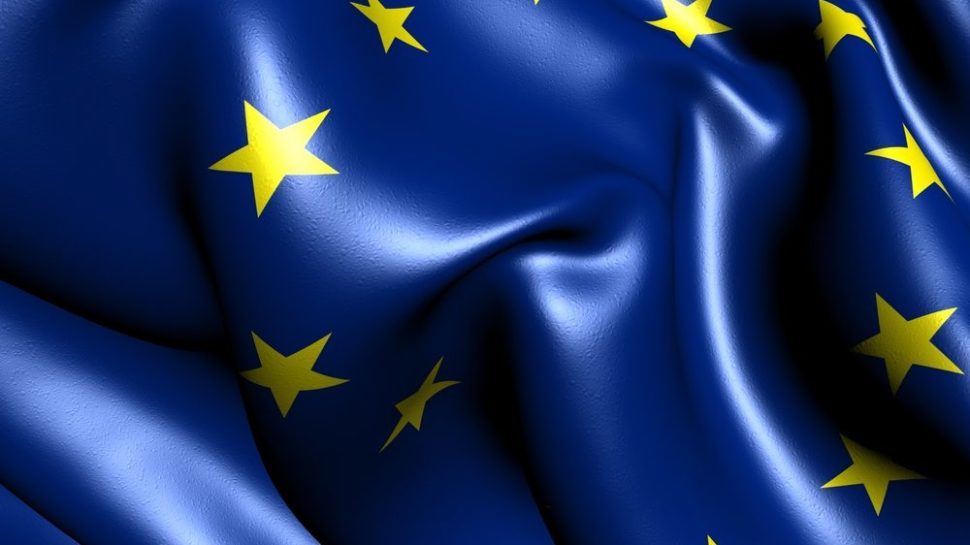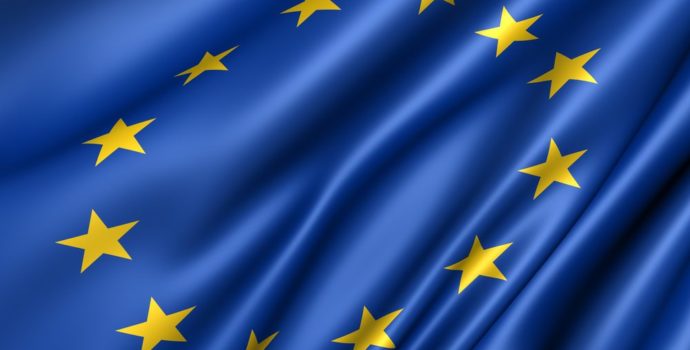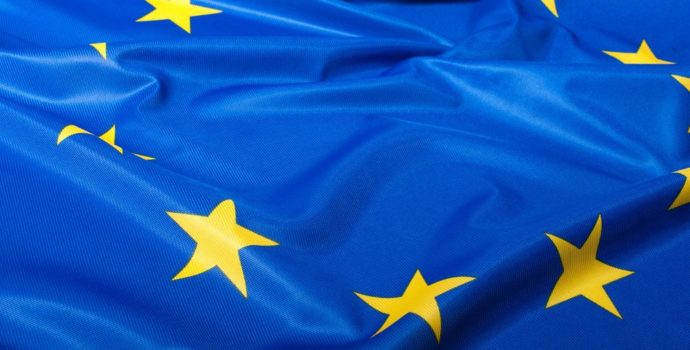European Commission Daily News – 8 April

Brexit preparedness : EU prepared to support European farmers in possible « no-deal » scenario
While the Withdrawal Agreement negotiated between the EU and the UK remains the best possible outcome, the EU is prepared for a possible “no-deal” scenario in the area of agriculture. The EU remains focused on protecting the agriculture and farming interests of EU citizens. The Common Agricultural Policy has existing tools that can be activated in the event of market disturbances and can act as safety nets, such as public intervention, private storage, crisis prevention and risk management. The European Commission has already used such measures as well as state aid in the past, for example during the 2014-16 period, to address market imbalance and to help farmers in short term cash flow difficulties. At a press conference today in Brussels, Commission for agriculture, Phil Hogan said: “Today, we are talking about a no-deal scenario, in which case what we can say with certainty is that there will be significant disruption to certain agricultural markets. Confident in that knowledge and if left unchecked, we have come to the conclusion that the European Commission has a legal obligation to intervene and we will. Early intervention has the benefit of providing not alone support to farmers, but gives confidence to the market of the Commission’s commitment to the agri-food sector. I would remind you that the Commission has considerable experience in deploying market support measures on occasions of significant market disturbance.” The Commission also published today in its Market Access Database detailed information on the rules that the UK would apply on its imports from the EU in the event of a “no-deal” scenario. It is based on information made publicly available by the United Kingdom authorities. The database contains information for 121 countries, and as of today, it also provides the same level of information for exports to the UK as for any other EU trade partners such as the US or China. Commissioner Hogan’s speaking points are online. More information about agri-food trade between the EU and the UK and contingency planning in the area of agriculture can be found here. (For more information: Daniel Rosario – Tel.: + 32 229 56185; Clémence Robin – Tel.: +32 229 52509)
Juncker Plan helps Maspex agribusiness to modernize
The Investment Plan for Europe – the Juncker Plan – supports an agreement by the European Investment Bank (EIB) with the Maspex Group, a food business active in Central and Eastern Europe. The € 47 million loan is expected to benefit Group sites in the so-called “less developed” regions of Romania, Bulgaria and Poland. Maspex will use the funding to modernize its production tools and expand its warehouses. European Commissioner for Regional Policy Corina Creţu said: “With this agreement, the Juncker Plan once again demonstrates its ability to strengthen the cohesion of our Union. With this EUR 47 million loan supporting the modernization of Maspex’s production, the EU is investing in areas that need to catch up, helping to create jobs and grow. A press release is available here. By March 2019, the Juncker Plan had mobilized an additional € 390 billion in Europe, including € 2.6 billion in Romania, with 929,000 businesses benefiting from improved access to finance. (For more information: Annika Breidthardt – Tél.: +32 229-56153; Sophie Dupin de Saint-Cyr – Tél.: +32 229 56169)
Digital Day 2019: EU countries will commit to three digital cooperation initiatives
Tomorrow at the Digital Day 2019, EU Member States are expected to sign Declarations to pool efforts and resources for accelerating digital developments in key areas that can bring tangible benefits to our economies and our societies. This year’s Digital Day will bring Member States and EU institutions together with partners from industry, academia and civil society and take digital cooperation forward in three specific areas: cultural heritage, smart agriculture, and gender equality.The participating Member States will sign the Declaration of cooperation on empowering women’s participation in digital at 12:00-12:30 CEST tomorrow, the Declaration of cooperation to build a smart and sustainable digital future for European agriculture and rural areas at 14:00-15:30 CEST and the Declaration of cooperation on Digitising cultural heritage at 15:50-17:20 CEST. Highlights of the Digital Day 2019 also include the presentation of the guidelines for trustworthy artificial intelligence by the High-Level Expert Group on Artificial Intelligence (see also today’s Commission’s Communication on AI), as well as a number of panel discussions, including on the progress of the Digital Single Market. Vice-President Andrus Ansip and Commissioners Phil Hogan, Tibor Navracsics and Mariya Gabriel will hold keynote speeches at the event. Declarations launched at the Digital Day 2019 follow the successful cooperation launched in previous editions of the event, e.g. on artificial intelligence in 2018 and on supercomputing in 2017. More information can be found in the press release.The conference can be followed live here. (For more information: Nathalie Vandystadt – Tel.: +32 229 67083; Inga Höglund – Tel.: +32 229 50698)
Commissioner Stylianides takes part in forest fire MODEX exercise in Croatia and discusses rescEU
Commissioner for Humanitarian Aid and Crisis Management Christos Stylianides is visiting today Cres Island, Croatia, to take part in one of the biggest exercises for civil protection in Europe with experts and rescue teams from Croatia and five other European countries. The objective of this MODEX exercise is to train for large scale forest fires and it takes place just before the start of the fire season. Commissioner Stylianides will also meet with the Prime Minister of Croatia, Andrej Plenković and the Minister of the Interior, Davor Božinović to discuss rescEU, the enhanced Union Civil Protection Mechanism and its newly established rescEU reserve. The upgraded EU Civil Protection Mechanism builds on two complementary strands of action, (1) providing a stronger collective response at European level via rescEU, and (2) stepping up disaster prevention and preparedness. At times of simultaneous disasters in Europe, the newly created rescEU reserve works as a “safety net” to the 34 participating states to the Mechanism. (For more information: Carlos Martin Ruiz de Gordejuela – Tel.: +32 229 65322; Daniel Puglisi – Tel.: +32 229 69140)
Read the European Commission – Daily News in full here




